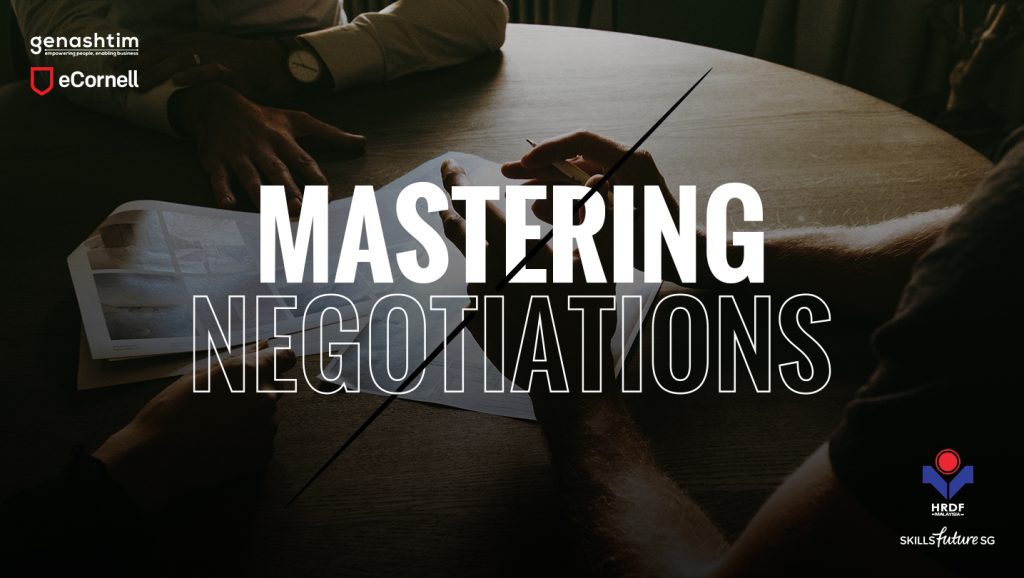Mastering Negotiations

Negotiation is not specific to business. It is a widespread activity that spans everyday life. Contributing editor to Inc, Jeff Haden, suggests the following ways to achieve favorable outcomes in business negotiations.
A useful strategy is to plan for the worst while you expect the best. Trust that you can get what you are aiming for. Expecting much bodes well for a positive outcome as it bolsters you to ask for what you want. Definitely refrain from setting a price range; be specific and certain about your price. Put your fears aside and make the first offer. You may not like making the first move, fearing that your opponent would have accepted a higher bid if you had made it. However, this is unlikely to happen as in most cases the opposition understands the value involved. If you are a buyer in the negotiation, act first and bid low. If you are a seller, start with a high bid.
Control your nervousness so you don’t overtalk. Overtalking will place you at a disadvantage. If the other party objects to a proposal, remain silent. This will likely make the other party uncomfortable and continue to talk, divulging useful information you can use to your advantage. If you are asked to reduce your expectation, ensure you get something in exchange by withdrawing an offer. The same applies if you are on the other side of the negotiation table – if you are the one buying and increase your offer, request a trade-off for the improved offer.
Never give the impression you are the only party on your side, if this is in fact the case. If the opponent knows you might feel pressured into taking a decision you are unhappy with. Do not hurry the process. The longer the opponent is made to stay at the table, the more they will desire to wrap up and will likely give in to what you want.
Learn how to be a master negotiator by pursuing eCornell’s leadership certificate in Negotiation Mastery.
eCornell courses are approved by SkillsFuture Singapore for SkillsFuture Credit as well as by HRDF Malaysia under its SBL Scheme.